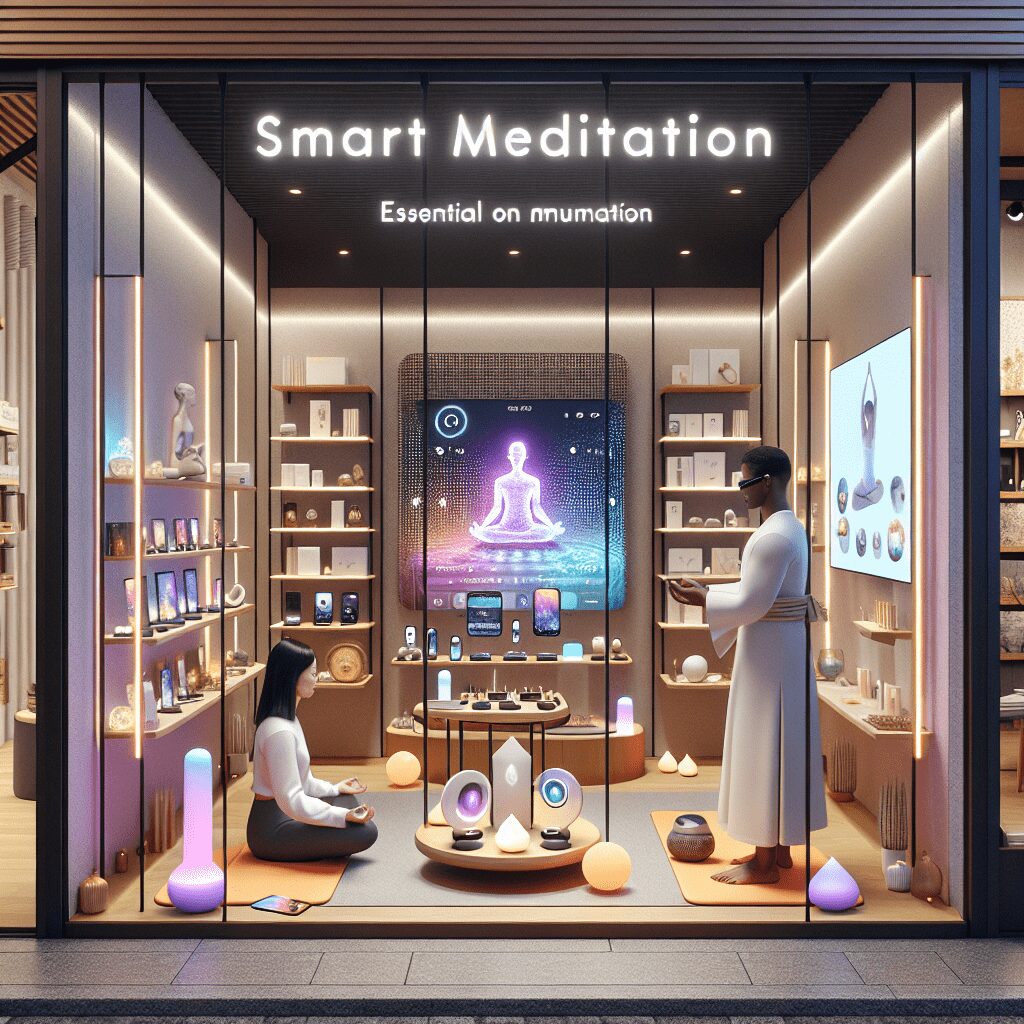
Prioritize your mental well-being daily. Enhance your life by nurturing your mental health with the Smart Meditation app. Break free from stress, alleviate anxiety, and enhance your sleep quality starting today.
Do You Have Anxiety Test?
Navigating the Labyrinth of Anxiety Tests
Have you ever found yourself lying awake at night, your mind racing faster than a speeding bullet? Or perhaps you’ve had moments where your heart feels like it’s playing the drums in a rock band—fast and loud. Well, you’re not alone. Anxiety is a tricky beast, and it’s got a knack for creeping up on folks when they least expect it.
But how do we separate the wheat from the chaff when it comes to understanding our anxiety? Is it just a bad day, or is there something more? Enter the realm of anxiety tests—a toolkit designed to peer into the mind’s nooks and crannies, shedding light on what lurks within.
The ABCs of Anxiety Tests
Alright, let’s dive in headfirst, shall we? When we talk about anxiety tests, we’re not just dealing with one-size-fits-all. Nope, it’s more like a buffet, offering a variety of choices catering to different aspects of anxiety.
-
Online Self-Assessment Tools: A quick Google search will throw up a plethora of online quizzes. From generalized anxiety disorder (GAD) scales to social anxiety inventories, these self-assessment tools might seem like a drop in the ocean. Remember, while they’re handy for gaining insights, they’re not the be-all and end-all. A pinch of salt is necessary, folks.
-
Professional Evaluation: This is where the rubber meets the road. Consulting a psychologist or psychiatrist can provide a more nuanced and comprehensive understanding. They use standardized tools, like the Hamilton Anxiety Rating Scale or the Beck Anxiety Inventory, in combination with detailed discussions about your life, thoughts, and feelings.
So, before you start Googling “Do I have anxiety?”, remember that self-diagnosing via online quizzes is akin to putting a band-aid on a crack in the dam. Helpful in the short term, but not a solution.
Making Sense of It All
So, you’ve taken an anxiety test or two, and now you’re staring at the results, perhaps feeling more confused than when you started. Here’s the thing—knowing is only half the battle. What you do with that information is key.
-
Reflect on Your Results: Take a moment to digest what you’ve learned. If your scores suggest high levels of anxiety, consider how it’s impacting your day-to-day life.
-
Seek Professional Guidance: Regardless of your test results, if you’re finding it tough to manage your feelings, reaching out to a mental health professional is a smart move. They can offer personalized advice and treatment options, be it therapy, medication, or lifestyle changes.
-
Develop Coping Strategies: While you’re navigating through the professional advice and possible treatments, don’t forget about the power of self-care and coping strategies. Regular exercise, a balanced diet, mindfulness, and a strong support network can work wonders.
Wrapping It Up
Anxiety tests can be a flashlight in the foggy path of understanding our mental health. However, it’s crucial to remember they’re just tools in the broader journey of managing anxiety. Whether you score high or low, the real deal is taking steps towards recognizing and addressing your mental health needs.
So, do you have anxiety? Only a comprehensive approach, combining self-assessment and professional evaluation, can paint the full picture. Remember, taking the test is just the beginning. The road to managing anxiety is a marathon, not a sprint, requiring patience, understanding, and sometimes, a little help from our friends [professional or otherwise].





